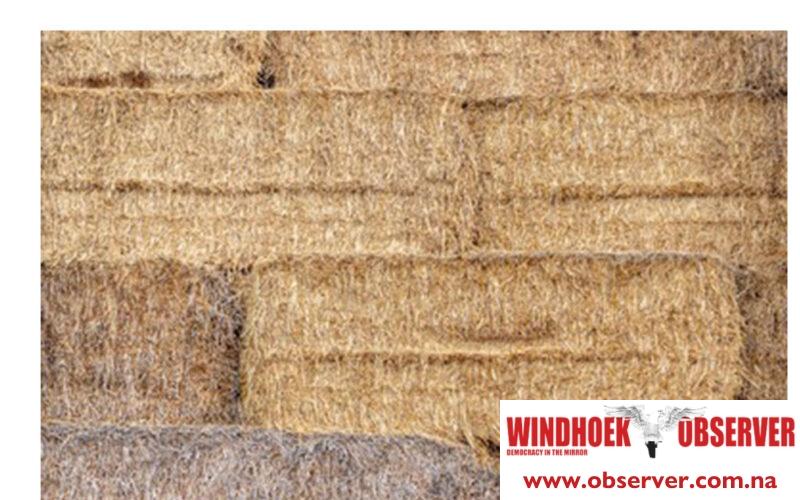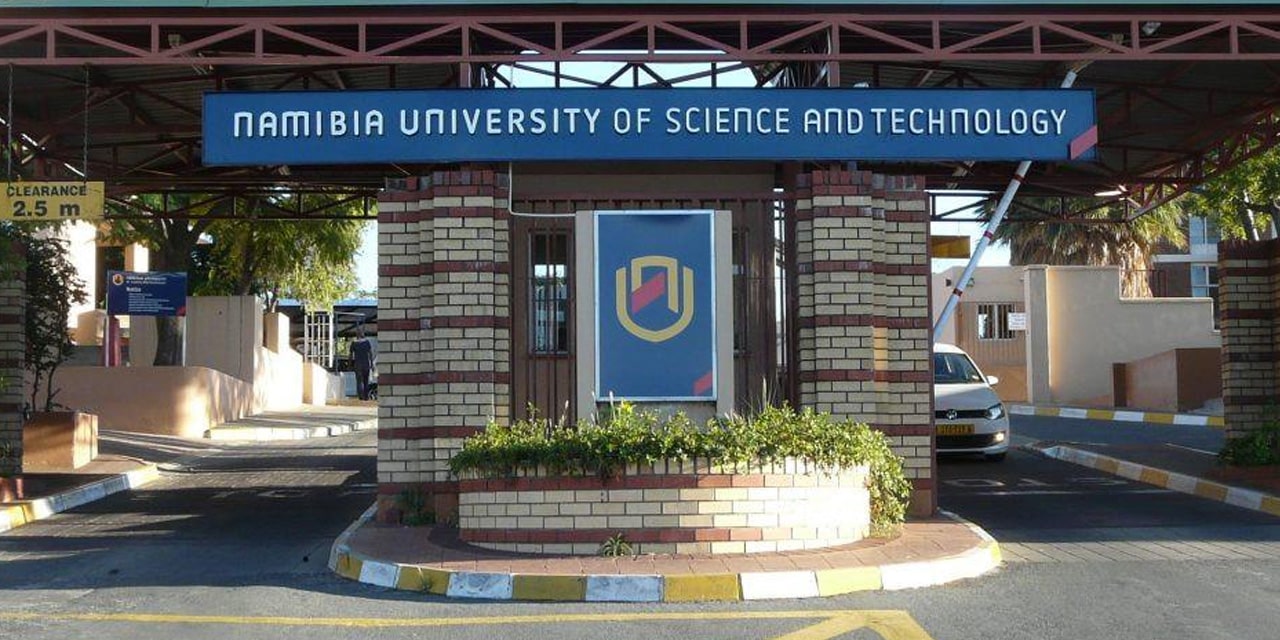Martin Endjala
The Oshikoto Regional Governor, Penda Ya Ndakolo, has raised concerns about the slow collection of fodder donated to the regional council for farmers affected by drought.
In an interview with the Windhoek Observer, Ya Ndakolo said upon seeing a video circulating on social media by one of the animal fodder beneficiaries calling on others to come and collect the fodder, he spoke with the regional council chairperson, who assured him that all 11 constituency councils are well informed.
The Windhoek Observer received a tip that the recently donated animal fodder to the region by the vice president’s office is going nowhere which raised concerns about potential spoilage from rain.
The government has been donating grass as part of its ongoing efforts to alleviate the situation of farmers across the region due to the drought. The government has also extended similar programs to all regions.
“The collection is very slow. I aim to urge the community, especially after the chairperson assured me that he has spoken to all councillors in all constituencies, chiefs and headmen. This process needs to be hurried,” he said.
He acknowledged that drought is devastating as many animals in various villages are dying, hence his call on the community to do their level best to come and collect the grass.
Ndakolo said it paints a bad picture of the region when it receives donations of this nature and the goods remain uncollected or not utilised efficiently.
“I am imploring the community to start making waves and collect the grass. I want to see this grass collected by all beneficiaries to safeguard our livestock and thereby preserve the few animals we still have. This, in return, will benefit the region, families and the economic emancipation of the region,” he said.
Samuel Shivute, an Omuthiya constituency councillor, told this publication that most of his constituency beneficiaries have already received their fodder and he urged other councillors to drive the process in ensuring their constituencies also benefit.
He said the feed is free, and farmers should use this opportunity to ensure they do not miss out on such donations.
The Ministry of Agriculture, Water and Land Reform public relations officer, Jennifer Paulus, explained that grazing conditions and water availability have been badly affected, leading to poor livestock body condition in all the regions.
The farmers are forced to sell their animals due to a lack of pasture.
The ministry recently rolled out the animal feed fodder programme and livestock subsidy programme in all regions to assist struggling farmers.
She indicated that the programme is progressing well so far, but she could not provide the latest figures of how many farmers have benefitted so far as the data was not available or ready yet.
“A maximum of 10 x 50 kg bags of lick supplements (licks and pellets) per month to sustain a core breeding herd of 26 Large Stock Units (LSUs) or 130 Small Stock Units (SSU),” she said.
Licks and pellets are being subsidised at 50% per bag to a maximum of N$200 per bag and a maximum of N$2000 per month.
In the same week, drought fodder bags stored at the Rehoboth Reho Spa were reported to be awaiting distribution to farmers in the area as part of the government’s drought relief programme.




